Review: With An Incredible Scientific Legacy Overshadowed By The Eventual Exposure Of His Sexuality, BREAKING THE CODE Presents Both Sides Of Alan Turing's Life
BREAKING THE CODE
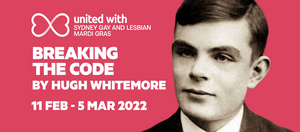
Saturday 12th February 2022, 7:30pm, New Theatre
While much of Alan Turing's work was the subject of the Official Secrets Act, his personal life was not afforded the same anonymity and details of his sexuality overshadowed his achievements for many years. Hugh Whitemore's BREAKING THE CODE seeks to balance the scales of the awareness of Turing achievements along with the outdated laws on homosexuality that saw the father of computer science convicted and subjected to hormone therapy which eventually broke him, physically and mentally.
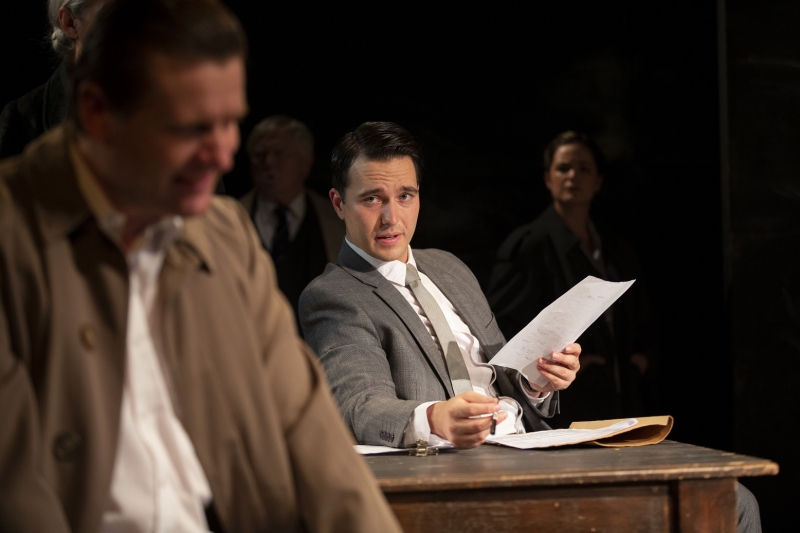
The eccentric English mathematician, cryptanalyst, and originator of the concept of computers and computer software, Alan Turing was known in scientific and academic circles in his lifetime but much of his work was unknown until his contribution to helping the Allies win World War II could finally be exposed long after the Official Secrets Act commanded silence. With three performers representing Turing at various stages in his all to short life, he died 16 days before his 42nd birthday from cyanide poisoning, the complexities of the man are explored with parallel timelines that share two significant aspects of his life, his science, and his sexuality. Steve Corner presents the oldest image of Turing, the one facing the police interrogations that discover there is more to the reported break and enter at his Birmingham home. He gives Turing a self-awareness while reinforcing the scientist's understanding of justice and his objection to the law that passed judgment on the activities in a man's private home, a law that remained in England and Wales until 1967 with Northern Ireland to be the last of the United Kingdom to change the law as late as 1982. A more innocent college aged Turing is presented by Ewan Peddley who highlights that Turing's interest in science stems back to youth while his invigored passion to discover answers is spurred on by the loss of his first great love, Christopher Morcom (Dallas Reedman) to tuberculosis. The majority of Turing's professional life is presented by Harry Reid who sees Turing take on the appointment to the Bletchley Park code breaking team and forming the friendship with fellow cryptographer Pat Green (Bridget Haberecht), a character based on Joan Clarke but likely unable to be named at the time the work premiered in London in 1986 as Clarke lived until 1996.
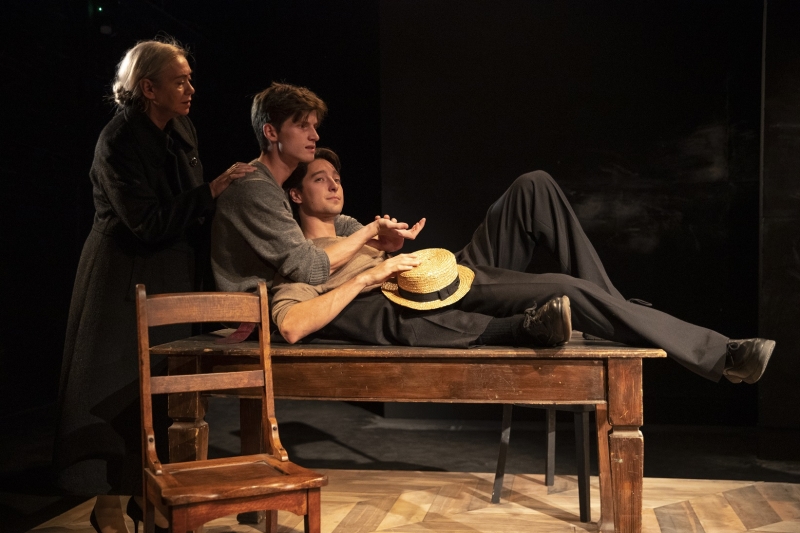
Directed by Anthony Skuse, this woven play is beautifully rendered with echoes of the different ages of characters connecting them early to make it clear that two storylines are running in tandem. Just as different phases of Turing's life are expressed, similar aging is done for Turing's mother Sara with Jess Vince-Moin presenting a younger version that supports Turing's friendship with Morcom while Leilani Loau takes the mother from Turing's time at Bletchley Park to his death with a harder edge that has shifted to wanting her son to conform to society's expectations before an eventual softening, acceptance, and the corresponding support for her child. Jordan Russell's lighting design helps define the different eras while Naomi Belet's sound design and live vocals assist with transitions. Skuse's production design has a lovely simplicity with the focus of the action taking place on or around the raise parquetry podium on which simple set dressings are used to imply locations from Dilwynn Knox's Bletchley Park office, a beach in Corfu and Turing's mother's home. Costuming subtly connects the three Turing's with Corner and Peddley eventually wearing near identical outfits and the more responsible expression presented by Reid gravitating to Turing's eccentricities with the common theme of a necktie eventually being used as a belt. The dresses selected for Pat Green express the maturating of the character while subtly expressing shifts in fashion.
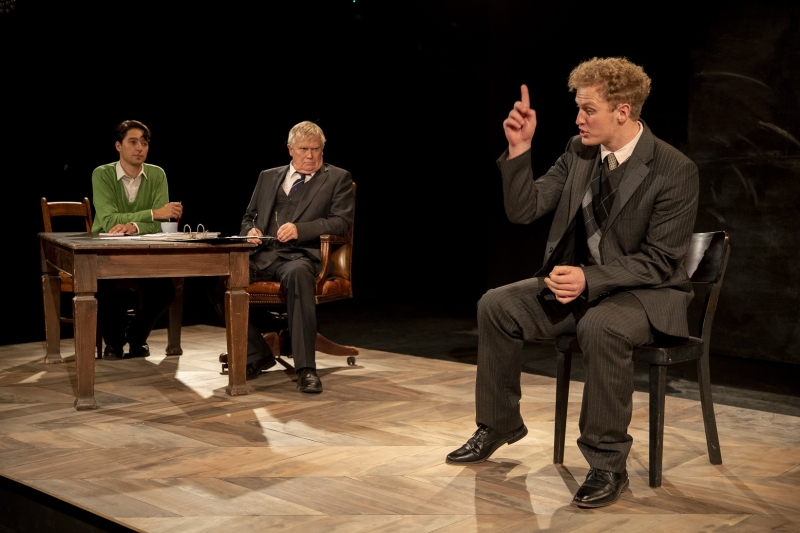
This is a captivating work that is both informative and entertaining. While contemporary cinema raised more awareness of Turing's involvement with breaking the German Enigma Code, Whitemore's play raises an awareness of more of Turing's discoveries and theories. While written well before British Prime Minister Gordon Brown made an official public apology for the way Turing was treated in 2009 and Queen Elizabeth II granted a posthumous pardon in 2013, leading to the "Alan Turing Law" that retroactively pardoned men convicted on historical legislation the outlawed homosexual acts, BREAKING THE CODE reinforces how recently laws against homosexuality still existed in seemingly progressive societies and, by extension, a reminder that there are still countries that it is illegal. Presented as part of New Theatre's Sydney Gay & Lesbian Mardi Gras season, this work is not only of interest to the LGBTIQ community but society as a whole as Alan Turing was such an accomplished character who should be remembered for more than just his sexuality.
https://newtheatre.org.au/breaking-the-code/
Photos: Bob Seary
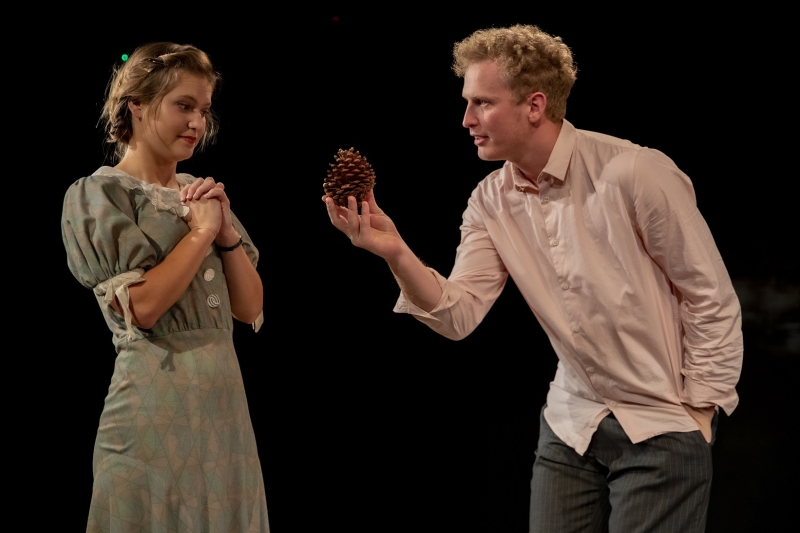
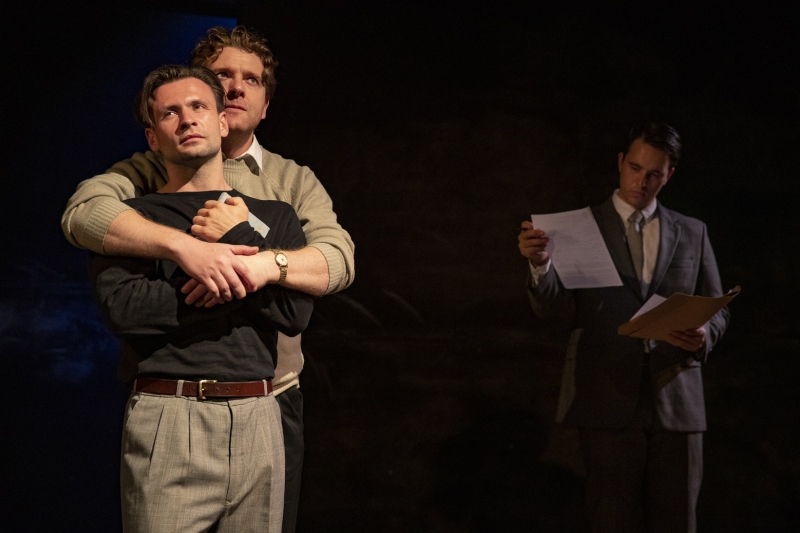
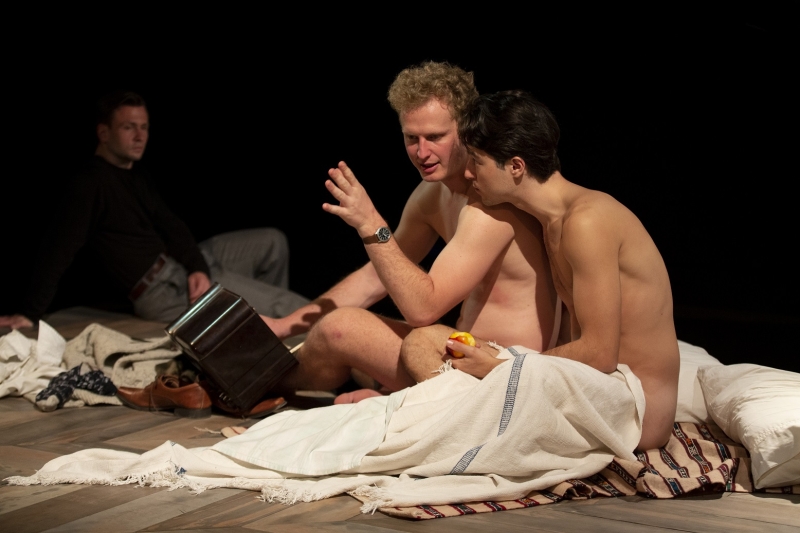
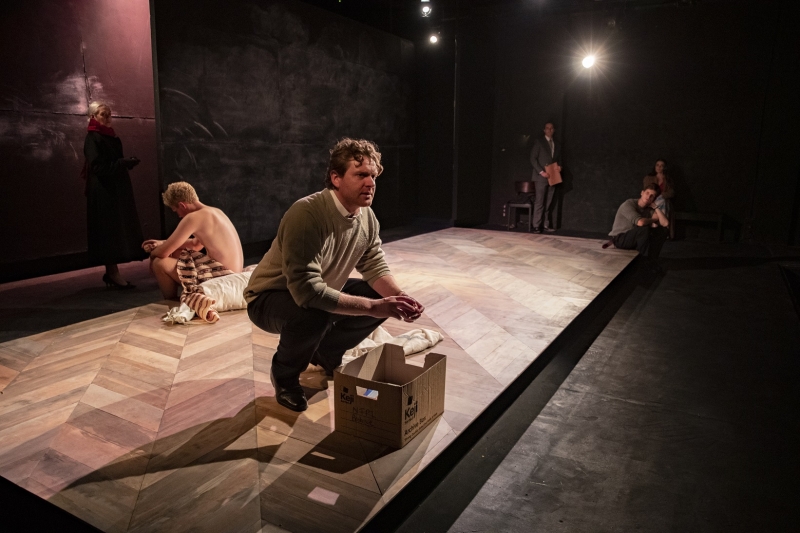
Comments

Videos
